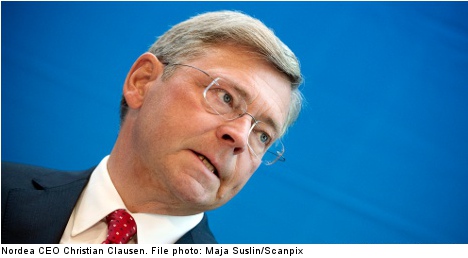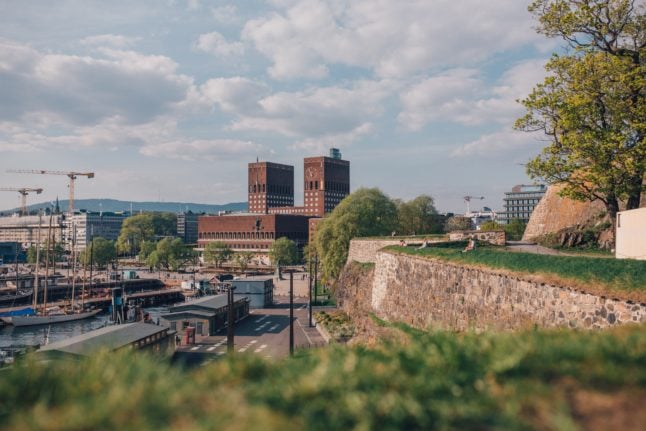The bank turned in net profit of €772 million ($1.01 billion) in the period from April to June which was close to analyst predictions cited by Dow Jones Newswires.
The bank noted that “costs have been unchanged for 11 quarters.”
The profit figure was on a 12-month comparison, and the bank said its total operating income was down by two percent in the quarter to €2.49 billion ($3.27 billion).
“We continue to deliver on our plan on income initiatives, cost efficiency and improved capital position,” CEO Christian Clausen said in a statement.
Nordea said it had stabilised its loan portfolio, but added that “provisions for future loan losses in Denmark and shipping remained elevated.”
“The volatility in the financial markets has increased and uncertainty has grown related to Bank of Japan’s liquidity injection and the US Federal Reserve’s asset purchase program. General activity levels in the economies are still low, and interest rates continue to be under pressure,” Clausen said.
The bank noted that it had reached a “core tier one” capital ratio of 14 percent, marking an improvement of 2.7 percentage points since 2010 and meeting the requirement of Basel III, a global standard for capital adequacy.
“This is an excellent illustration that our profitability is high enough to support growth, dividends and increase our capital ratios,” it said.
In the second quarter of the year, Nordea announced its departure from Poland with the planned sale of three firms in the banking, financing and life insurance industries to Bank Polski at a price of €694 million ($912 million).
The Local/AFP



 Please whitelist us to continue reading.
Please whitelist us to continue reading.
Member comments